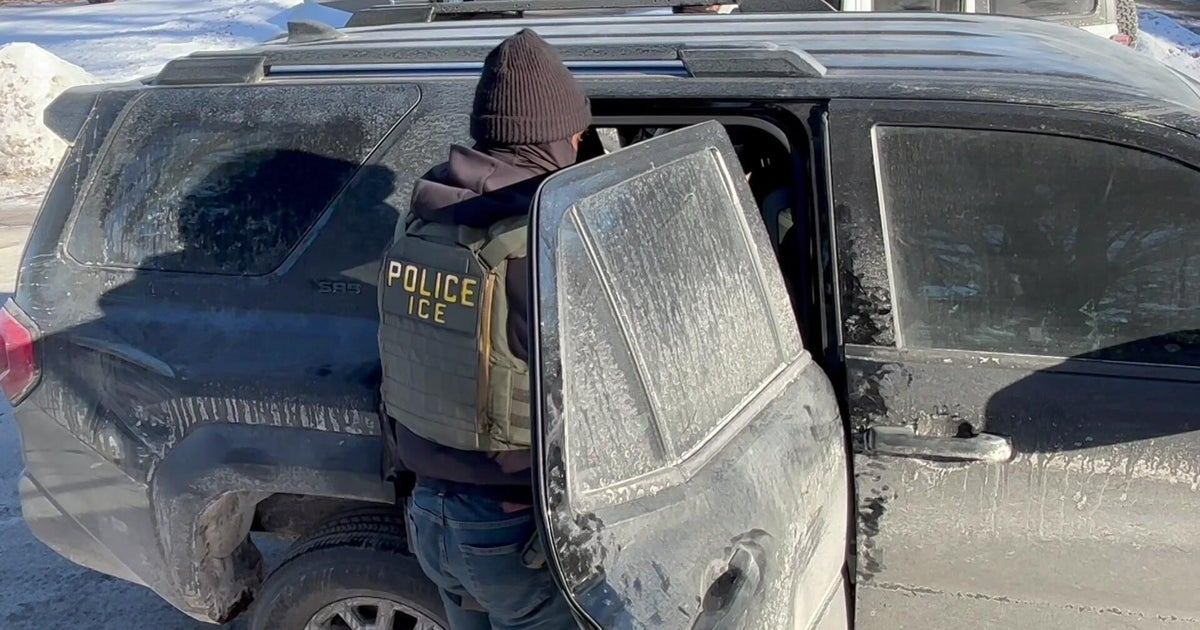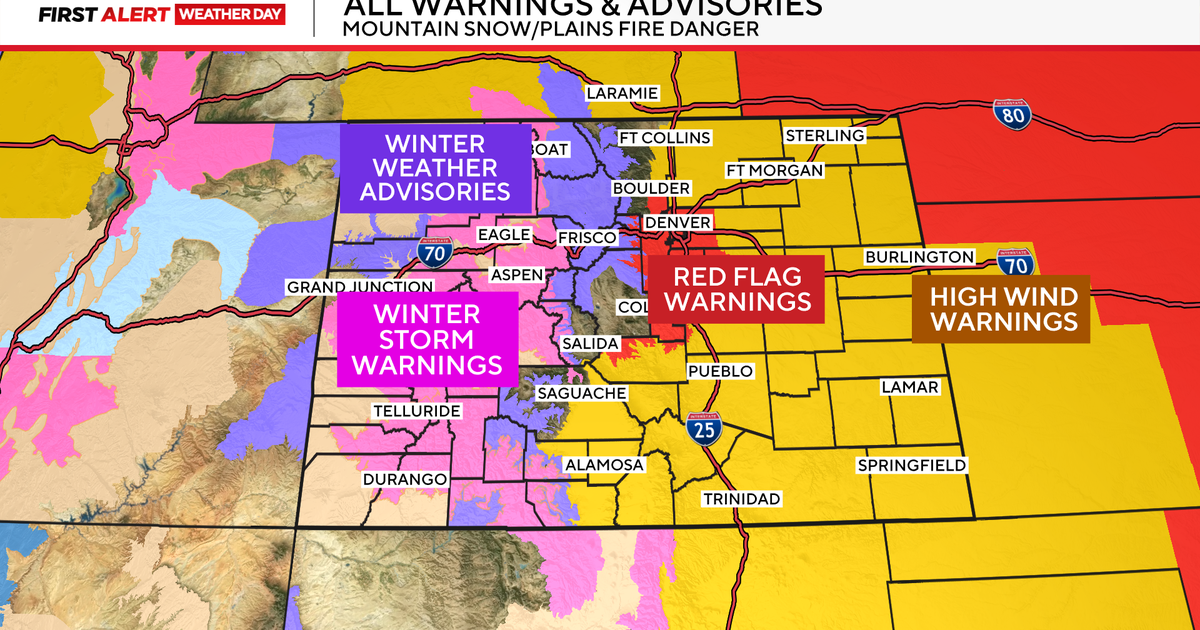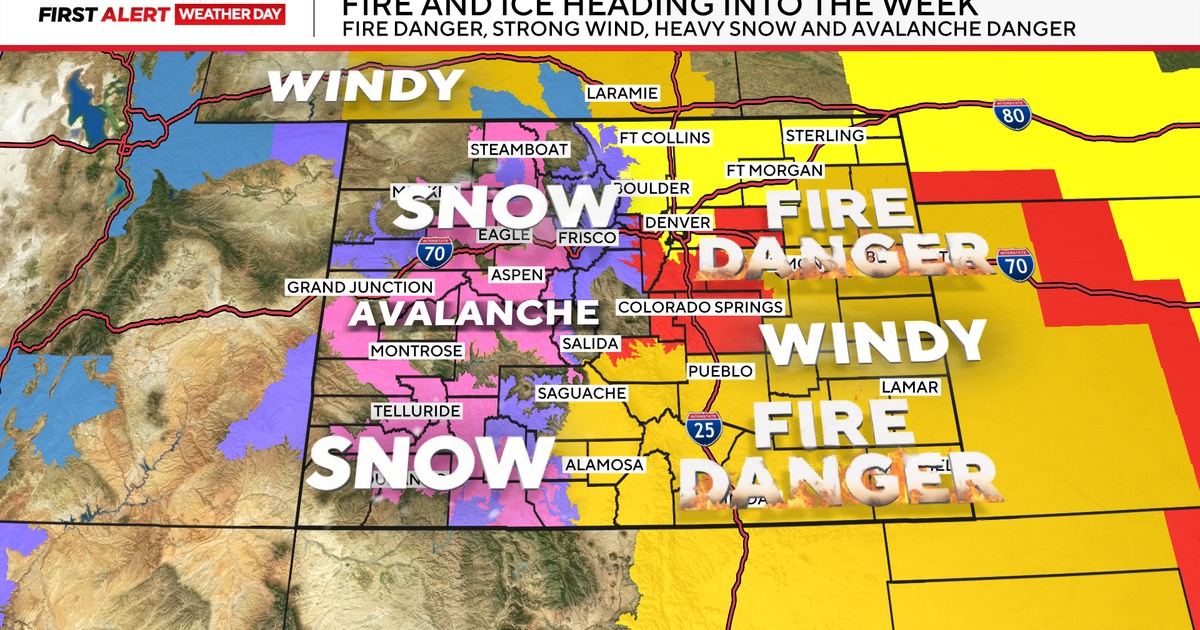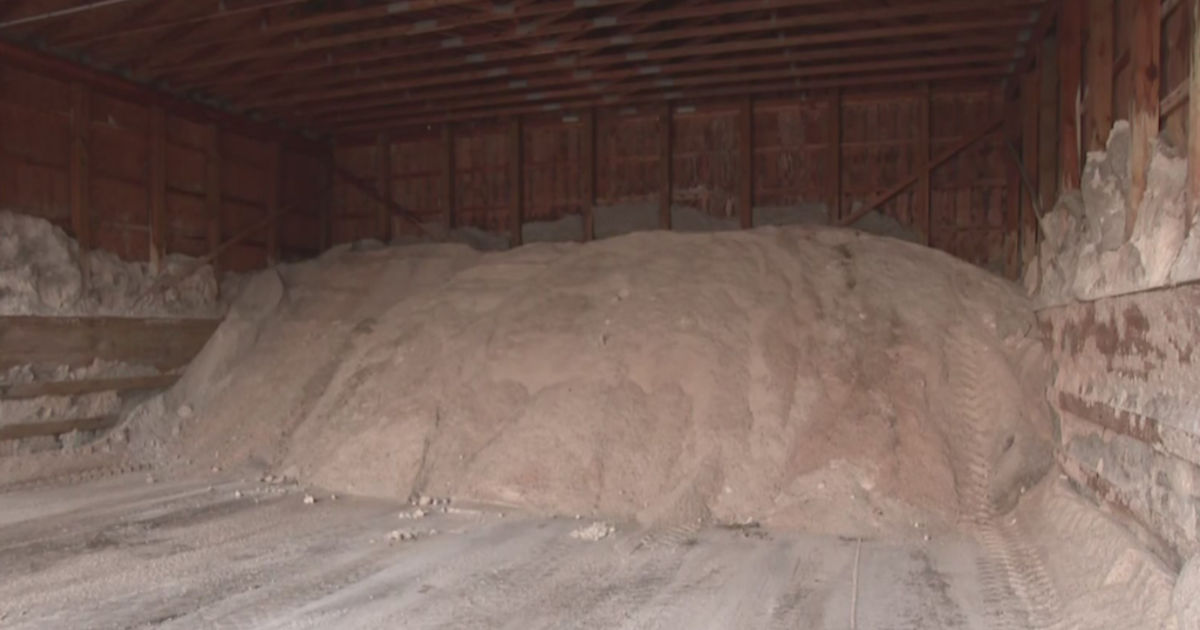Tracking Danger: Oil Train Disaster Could Devastate Rural Towns
MINNEAPOLIS (WCCO) -- The number is staggering. More than 326,000 Minnesotans -- most of them in the Twin Cities area -- live within what is considered an evacuation zone in the event of a major oil train disaster. So, is the state doing enough to make sure local communities are protected?
WCCO's Laura Oakes has the next in our five-part series, Tracking Danger: Minnesota's Crude Reality.
Kevin Reed, Operations Director with the state's Emergency Management Division, is charged with ensuring the safety of local communities.
Reed and his staff conduct training sessions with fire departments around the state to make sure they're prepared in the event of a major derailment.
"What equipment do you have so we can make a plan?" Reed said. "Who's going to be a mutual aid partner? Where are additional assets coming from? We need to make sure these departments are prepared, so they can start to plan for the 'What ifs.'"
WCCO RADIO's Laura Oakes reports
In Fridley, where the tracks run perilously close to the Mississippi River, Fire chief John Berg said the state's training has been helpful.
But he said, in reality, a fire department can only do so much.
"Are we prepared to respond to 30,000 gallons, 90,000 gallons, 120,000 gallons of fuel burning, and put the fire out immediately?" he asked. "No. I don't think we'll ever get to that point. Are we prepared to respond to something like that, evacuate people, protect exposures, and know what resources to call in? Yes."
It's a different story in Minnesota's tiny rural communities with much smaller water supplies and maybe a handful of volunteer firefighters. The big challenge there, Reed said, is getting enough water to the scene to activate the chemical foam needed to fight an oil fire.
No matter how well a fire department is trained, however, Reed said keeping residents of a community safe begins with the community having a family plan and knowing what to do if an alarm or siren goes off.
But in case of an oil disaster, what's even more important than things like family plans and a fire department's access to water is actual firefighters, and Berg said he's concerned there aren't enough.
"Most of the state of Minnesota is protected by volunteer, paid, on-call firefighters," he said. "We have trouble responding to those day-to-day, routine calls, let alone that big disaster."







